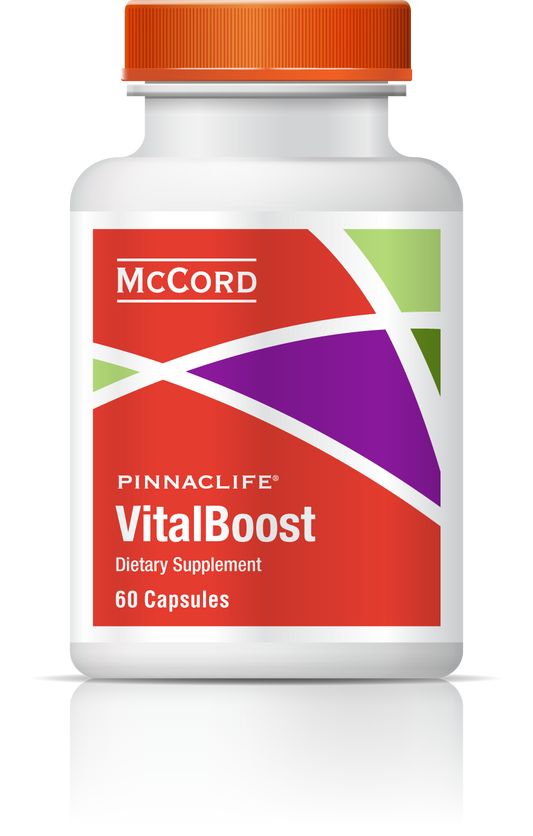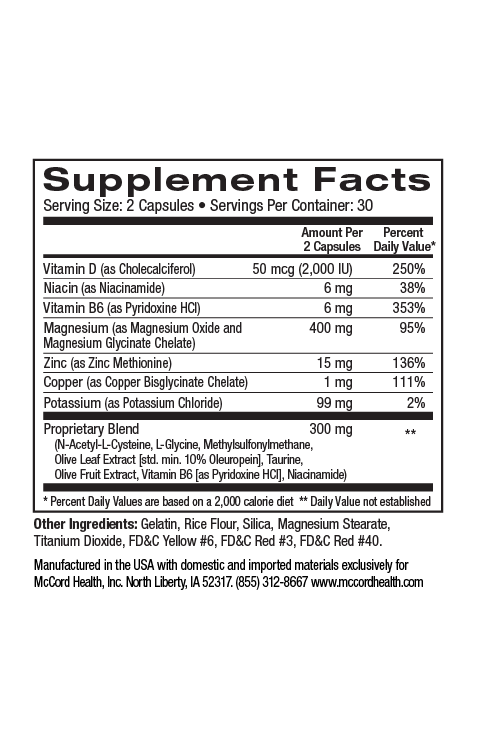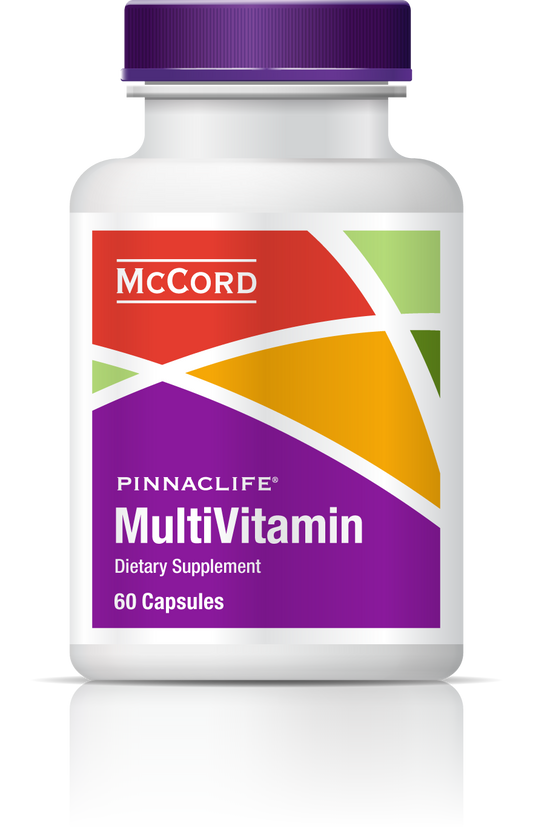In our fast-paced world, achieving quality sleep and maintaining joint health have become more crucial than ever. While lifestyle changes can significantly help, nutrients play an essential role in both enhancing sleep and promoting joint health. Dive into a comprehensive guide on which key nutrients can make a difference and how they support your overall well-being.
1. The Role of Magnesium
Magnesium is an unsung hero when it comes to supporting both sleep and joint health. Its unique ability to calm the nervous system helps in achieving sound sleep. Many people find that increasing their magnesium intake results in falling asleep faster and experiencing fewer interruptions during the night. Apart from aiding sleep, magnesium is instrumental in muscle relaxation, ensuring that your joints remain limber and pain-free. Moreover, its anti-inflammatory properties play a pivotal role in alleviating joint discomfort, making it a staple supplement for people dealing with joint pain.
Moreover, foods rich in magnesium, such as almonds and spinach, offer the added advantage of being both delicious and versatile, easily fitting into a variety of meals. According to research, incorporating magnesium-rich foods can significantly enhance one’s sleep quality by reducing insomnia and regulating hormones like melatonin that control sleep cycles Sleep Inducing Foods. Further studies suggest that magnesium not only contributes to better sleep but also acts as a protective agent against osteoporosis by maintaining bone density. Thus, with its multifaceted benefits, magnesium should be an essential component of your nighttime regimen.
2. Calcium Beyond Bone Health
Calcium is ubiquitously recognized for its vital role in supporting bone health, but it also plays a less publicized yet equally significant role in promoting sleep. This nutrient is essential for the production of melatonin, the hormone that governs our sleep-wake cycles. Increased calcium intake has been correlated with deeper and more satisfying sleep, serving a purpose beyond simply fortifying your skeleton. Interestingly, calcium facilitates muscle contractions which are essential for not only bone health but also overall joint mobility.
Calcium-rich foods like dairy products, leafy greens, and fortified cereals are excellent ways to ensure you’re getting enough of this dual-duty nutrient. Making sure you have adequate levels of calcium can be a simple yet effective way to combat difficulties falling asleep, often experienced due to calcium deficiency. For those looking to enhance both their skeletal integrity and sleep quality in tandem, JointHealth Supplement offers a tactical supplementation route, combining calcium with other joint-supporting nutrients to boost your overall well-being.
3. The Sleep-Inducing Power of Tryptophan
Tryptophan is a powerhouse amino acid, crucial for its role in the production of serotonin—an important neurotransmitter that affects mood and sleep states. The transport of serotonin across neuronal synapses promotes a sense of calm and well-being, thereby facilitating the process of falling asleep. Foods rich in tryptophan, such as turkey, milk, and nuts, are often recommended in traditional remedies for sleeplessness given their natural ability to help induce sleepiness. This makes tryptophan an integral part of a balanced diet aimed at optimizing sleep quality.
In tandem with serotonin, tryptophan also aids in the production of melatonin, effectively enhancing your circadian rhythm. By incorporating tryptophan-rich foods into your evening meals or using supplements like SleepHealth Supplement, you can easily create conditions more conducive to high-quality sleep. The dual benefit of promoting serotonin and melatonin production highlights tryptophan as a multifunctional asset in both mental health and restorative sleep regimes, thereby supporting a stable mood and peaceful nights.
4. Omega Threes and Inflammation
Omega-3 fatty acids are known for their myriad health benefits, extending from heart health to mental function. However, their influence on joint health and sleep quality is gaining recognition. These essential fatty acids, typically found in fish like salmon and mackerel, play a key role in reducing inflammation around joints, subsequently decreasing joint pain and stiffness. This makes Omega-3s an excellent choice for anyone suffering from arthritis or similar inflammatory joint issues, as they effectively combat symptoms at the source.
In addition to their anti-inflammatory prowess, Omega-3s have been linked to improved sleep quality by aiding in stress reduction and mood stabilization. According to some studies, Omega-3s can increase the production of serotonin, similar to tryptophan, thereby reducing the symptoms of sleep deprivation The Best Foods for Sleep. By balancing anxiety and mood, Omega-3s contribute to a healthier sleep routine, proving to be an indispensable nutrient for both joint health and a good night’s rest.
5. Vitamin D for Joint and Sleep Health
Vitamin D, often hailed as the ‘sunshine vitamin,’ is critical for maintaining a spectrum of health benefits ranging from bone density to immune support. Its role in sleep health is underscored by its ability to regulate the production of melatonin, establishing a consistent sleep-wake cycle. Furthermore, Vitamin D is essential for efficient calcium absorption, directly impacting bone and joint health. This correlation makes Vitamin D supplements highly recommended for maintaining a robust skeletal structure.
Research has noted a striking similarity between Vitamin D deficiency and sleep disorders, where studies found that individuals with lower levels of Vitamin D experience poorer sleep quality and longer sleep latency periods. Incorporating Vitamin D through sunlight exposure or high-quality supplements can remarkably enhance both sleep and joint health. With its multifaceted benefits, Vitamin D should unquestionably occupy a permanent spot in your daily nutrient lineup.







